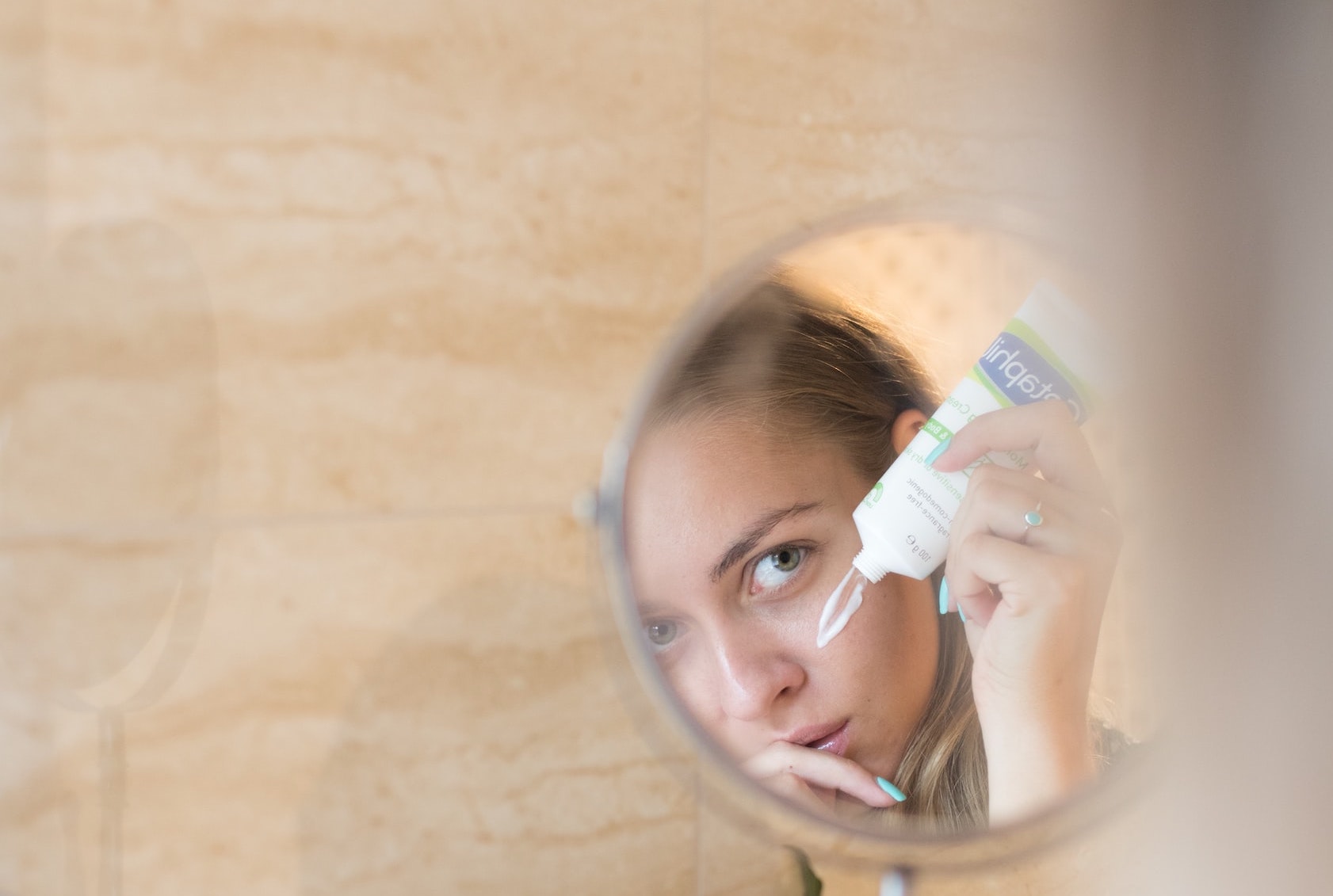What’s new?
On September 20, 2024, the European Commission published the Commission Regulation (EU) 2024/2462, amending Annex XVII to Regulation (EC) No 1907/2006 concerning undecafluorohexanoic acid (PFHxA), its salts and PFHxA-related substances.
This regulation creates a new entry (nº 79) to Annex XVII of Regulation (EC) No. 1907/2006, provides a definition for PFHxA, its salts and PFHxA-related substances, excludes several substance designations and exempts certain products.
For the cosmetic industry, products shall not be placed on the market or used in a concentration equal to or greater than 25 ppb for the sum of PFHxA and its salts, or 1000 ppb for the sum of PFHxA-related substances, measured in homogeneous material.
What now?
This regulation is in effect since October 10, 2024, but grants the cosmetics industry a 24-month transitional period until October 10, 2026.







